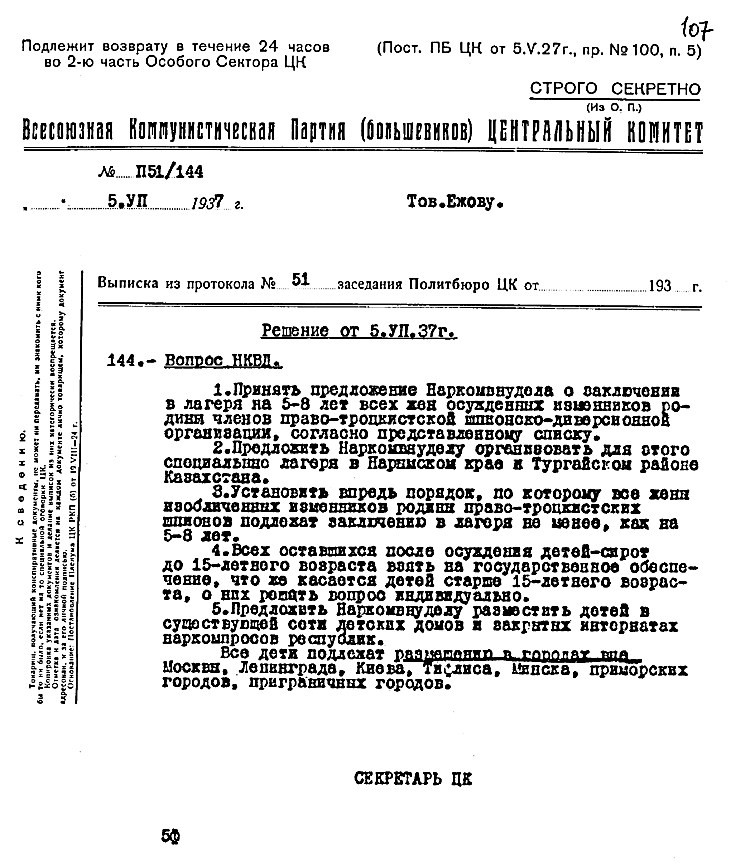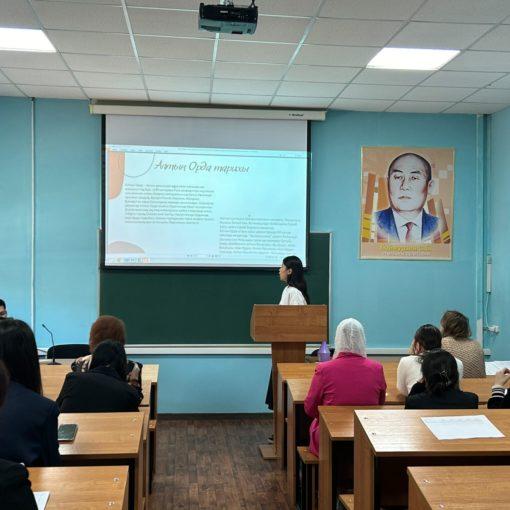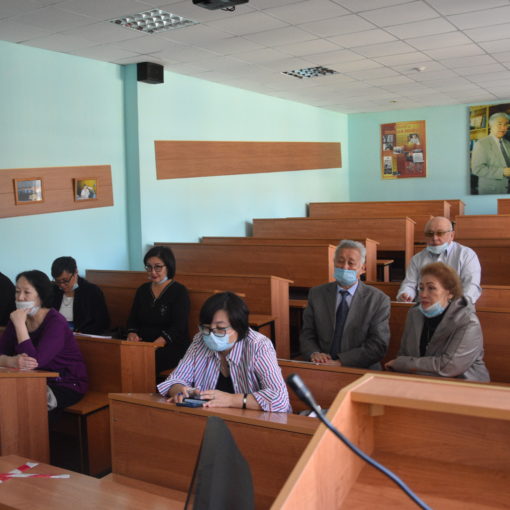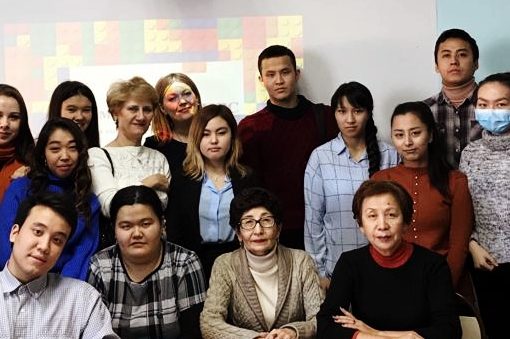PSIR means “family member of a traitor to the fatherland. It was considered to be the closest relative of a person accused under Article 58. The expression was codified in Article 58-8 of the Criminal Code of the RSFSR of 1926 and later in the USSR Law “On family members of the renegade” of 1935.

The following were considered family members of renegades: father, mother, husband, wife, sons, daughters, brothers and sisters, if they lived together with the convicted person or were his dependents at the time of the crime or at the time of mobilization to the army due to the outbreak of war. Among the most widespread penalties for PSIRs were disenfranchisement and exile to Siberia and imprisonment with confiscation of property. The fact that a person was closely related to a convicted person in a questionnaire or personal file became a grave cross to his life: choice of education and profession, place of residence.
From the Decree of the GKO On family members of traitors to the fatherland from 24.06.1942 signed by Stalin (From the Presidential Archives): were not subject to arrest and exile “the families of those traitors to the fatherland in which after due check will be established the presence of soldiers of the Red Army, partisans, persons who during the occupation helped the Red Army and partisans, and also those awarded with orders and medals of the Soviet Union”.
In 1937, with the intensification of repressive policy, it was decided to take measures to punish the wives of traitors to the Fatherland, therefore it was added to the Resolution of the CEC of the USSR of June 10, 1934: the wives of the traitors and Trotskyites to be imprisoned in camps for 5-8 years. Special camps were organized for the wives of traitors, orphaned children under the age of 15 were taken by the state and placed in special institutions “outside Moscow”. After an approved supplement to the NKVD instruction “On the procedure for exiling family members to remote northern regions of the USSR,” underage family members were also sent into exile.
According to the same instruction, deportees were allowed to take with them:
clothing, linen, shoes, bedding;
Table, tea and kitchen utensils;
foodstuffs at the rate of a month’s supply per family;
small household tools and implements for small cottage industry or handicraft production;
money at the rate of not more than 500 rubles for each member of the family;
a chest or box for packing things.
The rest of the property was subject to confiscation.
On August 27, 1938, the NKVD, by a circular letter, permitted, as an exception, a one-sided divorce from the arrested without his consent or even notification. Public, through newspapers and at meetings, denunciations of children from their parents had been practiced since the Civil War. Now spouses also began to be encouraged to betray their loved ones.

ALZHIR was one of the departments of the Karaganda ITL where the Chechens were sent. It was popularly known as “Akmolinsk camp for wives of traitors to the Motherland” (ALZHIR) or “the 26th point”. The last name of the camp was due to the fact that it was located in the 26th settlement of labor settlements (modern Akmol village, Northern Kazakhstan). The camp was established in 1938 and closed in 1950. It was located in the territory of the Kazakh SSR (Akmola oblast, Akmol village).
Akmola branch of Karlag was located on a territory of 30 hectares. It could hold up to 8,000 prisoners, which made Akmola the largest of the four women’s camps in the USSR. For the first year and a half the camp existed as a “special camp department”: prisoners were not allowed to correspond, to receive parcels, there was a ban on work in their specialty. Nevertheless, most women with professions “necessary” for the camp worked in their specialty. At the medical examination the prisoners could be classified as “TF,” i.e. they were deemed fit for hard physical labor. For example, the sick, the infirm, the elderly and children worked in the embroidery factory and the sewing factory.
Maya Plisetskaya’s mother Rachel Messerer, the widow of Natalya Satz (later the founder and chief director of the famous children’s theater), the sister and sisters-in-law of Marshal Tukhachevsky, the widows of writer Pilniak, prominent Party members Krestinsky and Mekhonoshin, and the Chekist Peters were kept in the ALJIR. The wife of Arkady Gaidar, the grandmother of the Russian premier-reformer Yegor Gaidar, Liya Solomianskaya, was imprisoned in ALJIR after her second husband, the journalist Israel Razin, was shot. There were three other major camps where the BSIR was sent: in Kyrgyzstan, Mordovia, and the Gorky region. In the Novosibirsk region, Anna Larina, widow of Nikolai Bukharin, served time.
Most of the repressed wives had their terms expired in 1942-46, but before Stalin’s death they all remained in the camps as freelance workers. The last of them returned in 1958.
In the 1970s, writer Felix Chuev, who had the opportunity to communicate extensively at his dacha with the retired Vyacheslav Molotov, asked him, “Why were the repressions extended to wives, children?”
“What do you mean, why? They should have been isolated. And this way, of course, they would have been disseminators of complaints of all kinds,” he replied.
Source : https://novoetv.kz/




